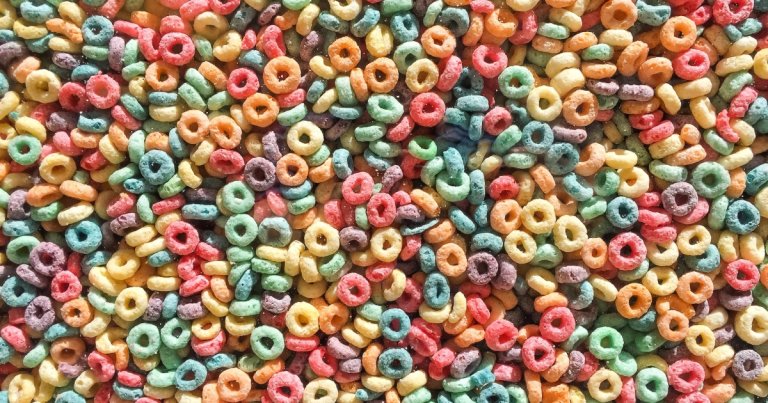Decoding Food: Processed vs. Ultra-Processed
Processed foods and ultra-processed foods differ in the extent of processing, the types of ingredients used, and their impact on health.

Here’s a breakdown of the differences:
Degree of Processing
Processed foods: These are foods that have undergone some form of processing to preserve or enhance their flavor, texture, or nutritional content. Examples of processed foods include canned vegetables, frozen fruits, whole-grain bread, and yogurt. Some processed foods can be part of a healthy diet, especially if the processing does not significantly alter the nutritional value of the original ingredients.
Ultra-processed foods: These foods are subjected to extensive industrial processing, often involving the use of artificial additives, preservatives, and flavorings. Ultra-processed foods typically contain a high proportion of cheap, shelf-stable, and nutrient-poor ingredients like refined grains, added sugars, and unhealthy fats. Examples include sugary breakfast cereals, instant noodles, soft drinks, and frozen dinners.

Ingredient Composition
Processed foods: These foods generally contain fewer additives and retain a closer resemblance to their original ingredients. While some processed foods may have added salt, sugar, or fat, the primary ingredients are usually whole foods that have undergone minimal alterations.
Ultra-processed foods: These products are characterized by a high content of artificial ingredients, such as flavor enhancers, preservatives, emulsifiers, and colorants. They often contain little to no whole foods and have a significantly altered nutritional profile compared to their original ingredients.

Health Implications
Processed foods: Not all processed foods are inherently unhealthy. Some, like canned or frozen vegetables and fruits, can still provide essential nutrients and be part of a balanced diet (although, why not just buy them fresh?). However, it’s important to be mindful of added salt, sugar, or fat in some processed foods, as excessive consumption can have negative health effects.
Ultra-processed foods: Research has shown that the consumption of ultra-processed foods is associated with an increased risk of obesity, diabetes, heart disease, and other chronic health conditions. These foods are often high in calories, salt, sugar, and unhealthy fats while being low in essential nutrients like fiber, vitamins, and minerals.

In summary, processed foods undergo some form of processing but may still retain nutritional value, while ultra-processed foods are subjected to extensive processing and typically contain a high proportion of artificial ingredients and unhealthy additives. It’s important to try to eliminate all ultra-processed food from your diet, consume processed foods in moderation and focus on whole, minimally processed foods for optimal health.





